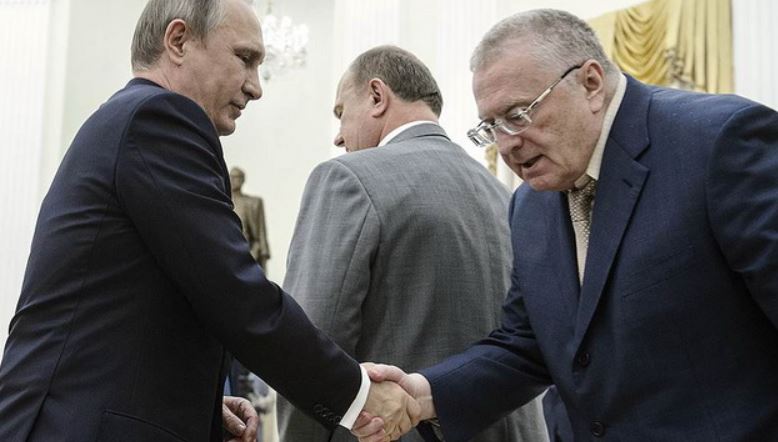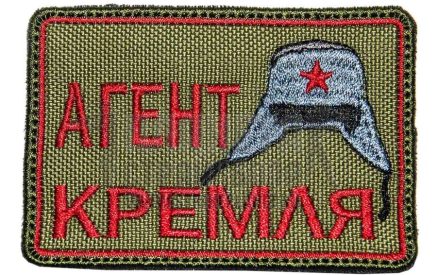In Russia, the institution of autocracy must be restored, and the leader of the country must be called a tsar or emperor. Such a proposal was made by the chairman of the Liberal Democratic Party of Russia, Vladimir Zhirinovsky (note the name of the party). Earlier, the Russian Communists submitted a bill to the Duma, which required the legislature to apply to Putin to recognize the Donetsk and Luhansk People’s Republics. The Duma’s profile committee, by the way, agreed to discuss the bill. It is predictable that both of these proposals will probably not be implemented. Autocratic regimes like the “veil of legality”; they always try to maintain the facade of legality, and look for “excuses” for every step, unless, of course, there is a need to act openly illegally. For example, nothing prevented Vladimir Putin from declaring himself president for life or even emperor. But he did not take such a step. He held a constitutional referendum in 2020, as a result of which all previous terms of his presidency were “zeroed,” and the incumbent president of Russia now has no problem being re-elected in 2024 and, most likely, in 2030.
However, it should be taken into account that the parliamentary opposition in Russia is not really an opposition, and the real opposition circles are registered as “foreign agents,” and sometimes described as “extremists” and are not left close to the State Duma. Therefore, Zhirinovsky and Zyuganov, together with their parties, can be considered “indirect speakers” of the government: they send messages to internal and external audiences, as if on their own behalf, but in fact they are trying to get the audience to understand the mood in the Kremlin. Therefore, the best form of government is authoritarianism (not “sovereign democracy”). Putin wants to be seen as an emperor, and as for Donetsk and Lugansk, it is a threat he voices in response to the West’s harsh rhetoric regarding Ukraine. A threat that, I repeat, is unlikely to materialize.
What does this mean for us Armenians? If we take into account that there is a certain “chemistry” (to one degree or another) between the last three leaders of Armenia and Putin, it means that there is a certain “synchronization” between the two countries. If there is an emperor, there should be a “governor-general” here, and if there are limited powers of local self-government, here, too, local governments should be deprived of independence. If Russia and the West fight, can we have positive relations with the West?
Read also
Aram Abrahamyan






















































